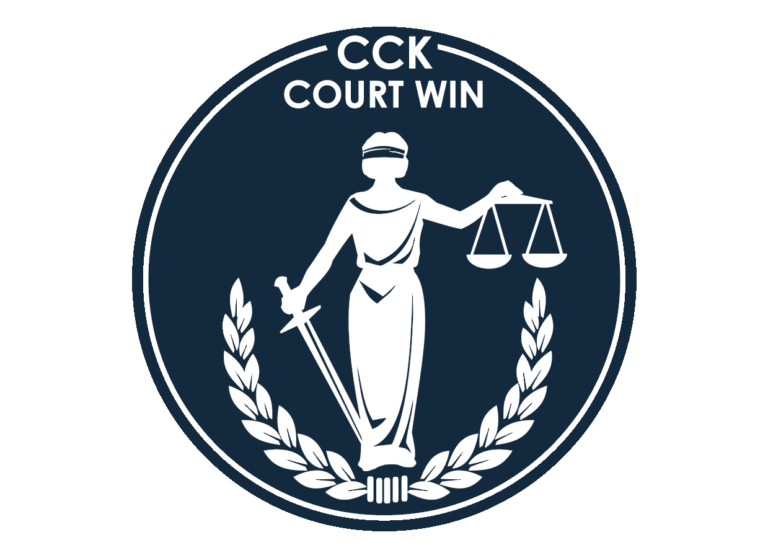CCK Argues that Board Denied Sleep Apnea Based on Inadequate Exam

CCK Law: Our Vital Role in Veterans Law
Summary of the Case
The Veteran served in the United States Air Force from September 1969 to December 1977, and from December 1978 to October 1990, to include service in Vietnam from January 1971 to January 1972. He was treated and received a septoplasty for a deviated septum and nasal obstruction in 1976 while in service, and was later service connected for status-post nasal septoplasty. In 2004, the Veteran was diagnosed with obstructive sleep apnea (OSA) which he believed was caused by his military service. In service, he experienced apneic episodes and snored, and he held that these symptoms continued up to when he was diagnosed with obstructive sleep apnea.
In July 2007, the Veteran filed a claim for service connection for his obstructive sleep apnea. He was subsequently denied service connection by the Regional Office (RO). He filed a timely Notice of Disagreement with the RO’s decision. In June 2015, the Veteran underwent a VA examination in which the examiner did not find an association between the Veteran’s symptoms in service and his current diagnosis of OSA. The examiner also opined that the Veteran’s obstructive sleep apnea “was neither caused nor aggravated by his septoplasty” in service.
Board Denies Service Connection for Obstructive Sleep Apnea
In their April 2017 decision, the Board of Veterans’ Appeals denied the Veteran’s claim for service connection for obstructive sleep apnea on both a direct and secondary basis. The Board relied in part on the June 2015 VA examination to deny the Veteran service connection, and deemed the VA examiner’s opinion to be highly probative.
CCK Appeals to Court, Court Agrees with CCK
CCK appealed the Veteran’s April 2017 Board denial to the Court of Appeals for Veterans Claims, and argued that the June 2015 VA examination was inadequate. CCK argued that while the VA examiner addressed direct service connection and service connection on a secondary basis, he failed to adequately address whether the Veteran’s septoplasty could have aggravated his obstructive sleep apnea. The Court agreed with CCK’s argument, stating that the examiner did not tie the rationale of his opinion to the conclusion that the Veteran’s obstructive sleep apnea was not aggravated by his septoplasty.
The Court vacated the Board’s decision and remanded the case back to the Board of readjudication.
About the Author
Share this Post
